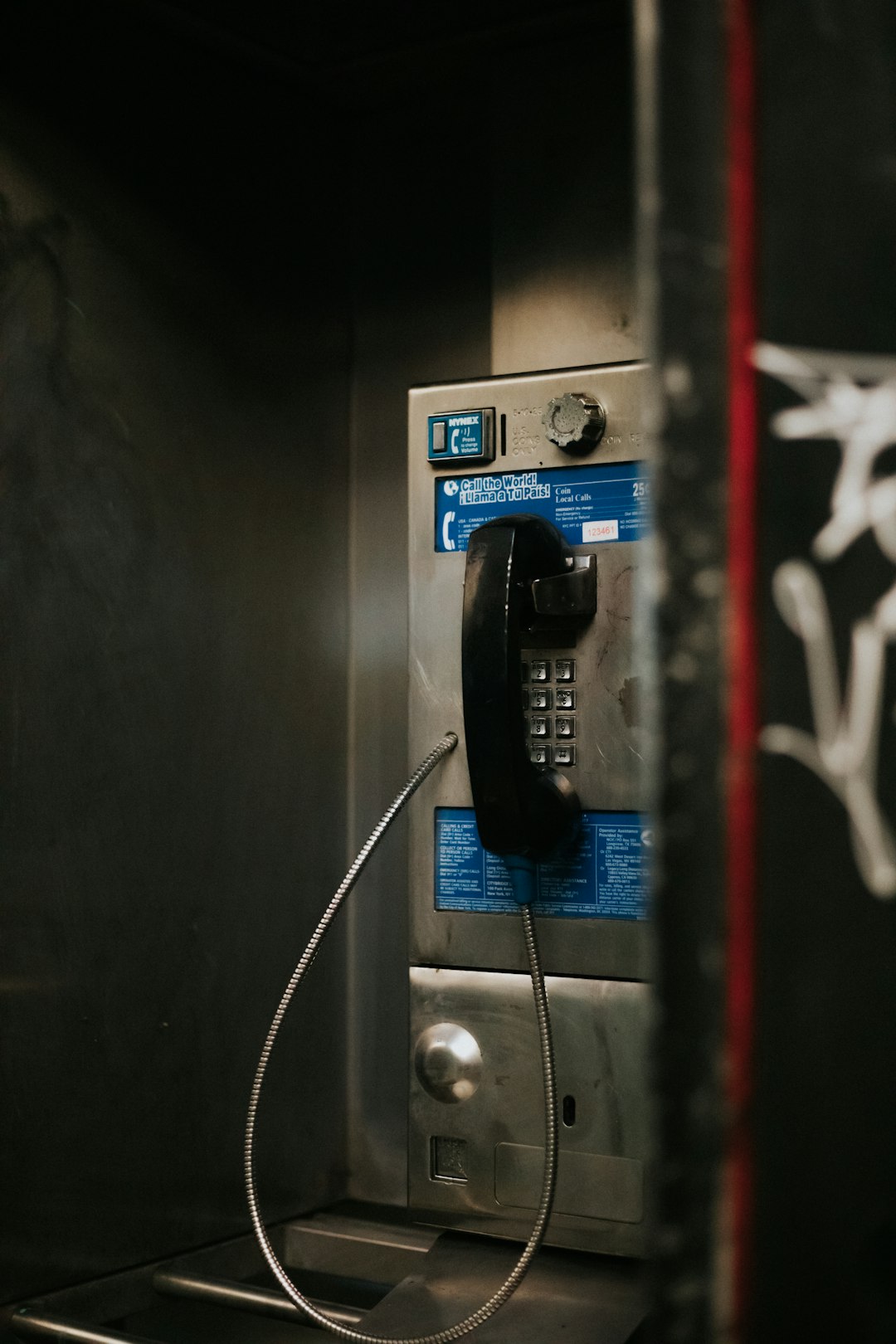Educational institutions in Philadelphia must navigate complex TCPA regulations to prevent spam calls and protect students. By collaborating with a Spam Call law firm, schools can implement effective strategies like call blocking, known spam lists, and explicit consent for marketing. Adopting alternative communication channels and training staff on TCPA guidelines minimizes risks of non-compliance, saves from costly penalties, and maintains institutional reputation.
In the digital age, educational institutions in Philadelphia face unique challenges navigating the Telemarketing Consumer Protection Act (TCPA). This article explores best practices for complying with the TCPA, focusing on preventing spam calls and ensuring effective communication strategies. We delve into legal implications specific to Philadelphia’s educational community, offering guidance tailored to schools and universities aiming to enhance student experiences while avoiding legal pitfalls. Discover expert tips from a leading Spam Call law firm in Philadelphia to stay compliant and protect your institution.
Understanding the TCPA and Its Impact on Educational Institutions in Philadelphia

In Philadelphia, as across the nation, educational institutions must navigate complex regulations surrounding the Telemarketing and Consumer Protection Act (TCPA). This federal law, designed to curb spam calls and protect consumers, has significant implications for schools, colleges, and universities. Educational institutions often engage in telemarketing activities to recruit students, communicate important updates, or promote events – but they must do so responsibly and within TCPA guidelines.
Violations of the TCPA can lead to substantial fines and damage a school’s reputation. Philadelphia’s diverse landscape includes numerous call centers and tech companies, heightening the risk of unintentional spam calls. Therefore, it’s crucial for educational institutions to understand their rights and obligations under this law, especially when employing automated dialing systems or prerecorded messages. A Spam Call law firm in Philadelphia can provide specialized guidance tailored to these unique challenges.
Identifying and Preventing Spam Calls: Best Practices for Schools and Universities

Identifying and preventing spam calls is a critical aspect of maintaining a professional and compliant environment for educational institutions in Philadelphia. Schools and universities should implement robust strategies to combat unsolicited telephone marketing, which is not only disruptive but also a potential violation of legal guidelines, such as the TCPA (Telecommunication Consumer Protection Act). A dedicated effort should be made to educate both staff and students about the risks associated with answering unknown numbers. By training individuals to identify spam calls—characterized by prerecorded messages, automated systems, or suspicious caller IDs—and discourage return calls, institutions can significantly reduce their exposure.
Best practices include configuring call blocking software and lists of known spam callers, regularly reviewing calling patterns, and implementing robust opt-out policies. Working with a reputable Philadelphia spam call law firm can also provide valuable support in staying updated on legal requirements and effective prevention methods. Encouraging the use of alternative communication channels for marketing purposes, such as email or dedicated apps, further reduces the likelihood of students and staff engaging with unwanted calls.
Legal Implications and Compliance Strategies for Philadelphia's Educational Community

Philadelphia’s educational institutions must navigate complex legal terrain when it comes to compliance with the Telephone Consumer Protection Act (TCPA), a federal law designed to protect consumers from unwanted phone calls and text messages. Non-compliance can result in significant financial penalties, as well as damage to an institution’s reputation. A prominent Spam Call law firm Philadelphia can offer invaluable guidance on best practices to ensure adherence to the TCPA.
Key compliance strategies include implementing robust do-not-call lists, obtaining explicit consent for marketing calls, and providing clear opt-out mechanisms. Institutions should also train staff on TCPA regulations, especially those involved in admissions, marketing, or student communications. Regular audits of call and text messaging practices can help identify potential violations early. By prioritizing these strategies, Philadelphia’s educational community can protect themselves from legal repercussions while effectively engaging with prospective and current students.
Effective Communication Techniques to Enhance Student Experience and Avoid Legal Pitfalls

Effective communication is key to enhancing student experience and ensuring compliance with the Telephone Consumer Protection Act (TCPA) in Philadelphia educational institutions. Instead of relying on traditional spam call methods, which can lead to legal pitfalls, schools should adopt strategies that foster meaningful interactions. Utilize personalized texts and emails tailored to individual students’ needs and preferences. This approach not only improves engagement but also reduces the risk of violations related to unsolicited calls or messages.
By implementing robust communication systems, educational institutions can effectively transmit important updates, deadlines, and announcements while maintaining a student-centric focus. Moreover, integrating interactive tools like online platforms and apps can facilitate two-way conversations, allowing students to ask questions and receive timely responses. Such proactive measures not only enhance academic experiences but also ensure that all interactions are in line with the TCPA’s stringent regulations, thereby avoiding potential legal issues and maintaining a reputable spam call law firm Philadelphia image.






